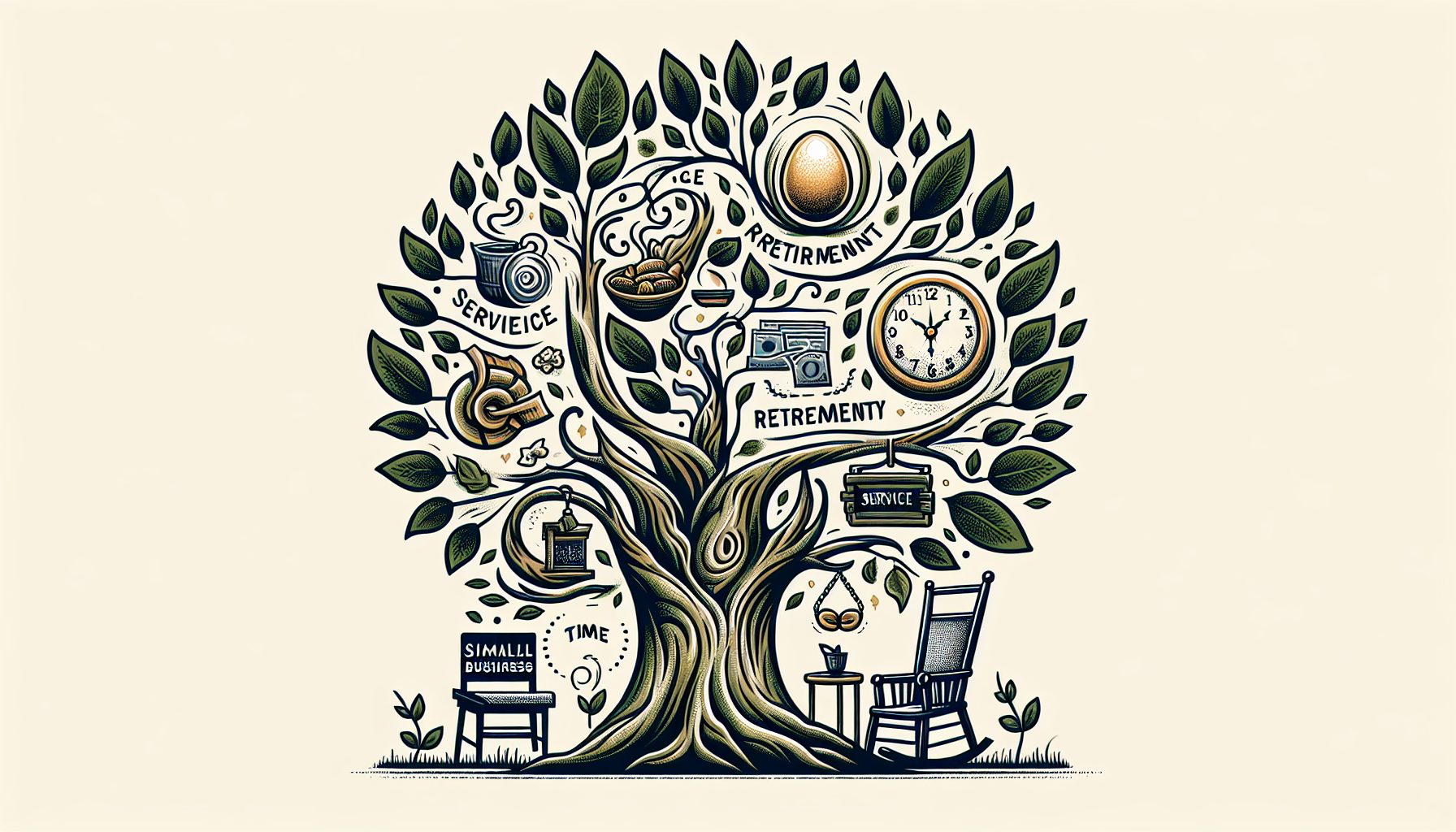Company: Harrah’s Entertainment
Annual Return: 389%
If it’s a sunny April weekend in Las Vegas and boxer Vitali Klitschko is scheduled for the ring while the Final Four rages on, you’re simply not going to get a room at Harrah’s casino hotel if you’re not a regular.
Dangerous to turn down a willing customer? Maybe not. Harrah’s has figured out how to weed out thrifty visitors, and cultivate the valuable guests who will spend hundreds or even thousands of dollars on food, shopping and gambling when they bunk at one of its 26 properties.
Harrah’s generates $5 billion a year in revenue and is known for its Teradata data warehouse, which tracks the money 26 million Total Rewards loyalty club members spend each time they visit. The warehouse has cost Harrah’s about $50 million since its inception in 1997, but the company has been peeling revenue-generating applications off it ever since.
One of the latest systems is the Hotel Revenue Management System, custom-built software that calculates how much each customer is worth to Harrah’s and prices his or her hotel room accordingly.
The benefits of Harrah’s data mining include the ability to predict the value of a customer, market to that person, gauge marketing efficiency and track detailed transactions.
“Harrah’s is an outstanding example of a company that is aggressively and smartly using technology to understand the behavior of its customers,” says Cinda A. Hallman, former senior vice president of global systems and processes at DuPont and a judge for the 2004 awards program.
Here’s how Harrah’s system works: It analyzes past spending habits of a customer who calls to reserve a room. The system also predicts demand for rooms for the dates requested, based on weather, scheduled events and historical data. Then it chooses how much to price a room to each customer—
or expected customer.
“Our goal is never to have to turn down a good customer but not leave the hotel empty,” says Tim Stanley, chief information officer at Harrah’s.
In 2002 and 2003, the hotel system generated $60 million in additional food, beverage, shopping and gambling revenue—money that Harrah’s wouldn’t have received if it rented rooms to people on a first-come, first-served basis, he says.








